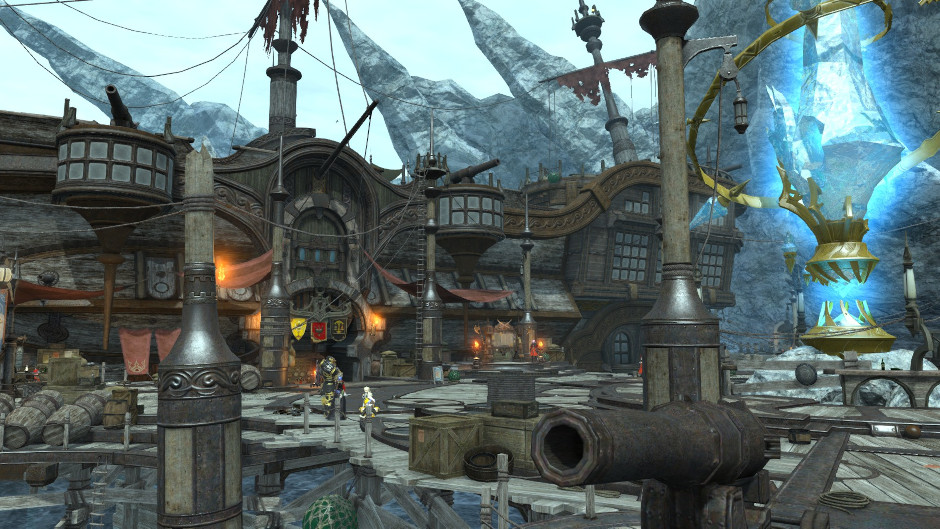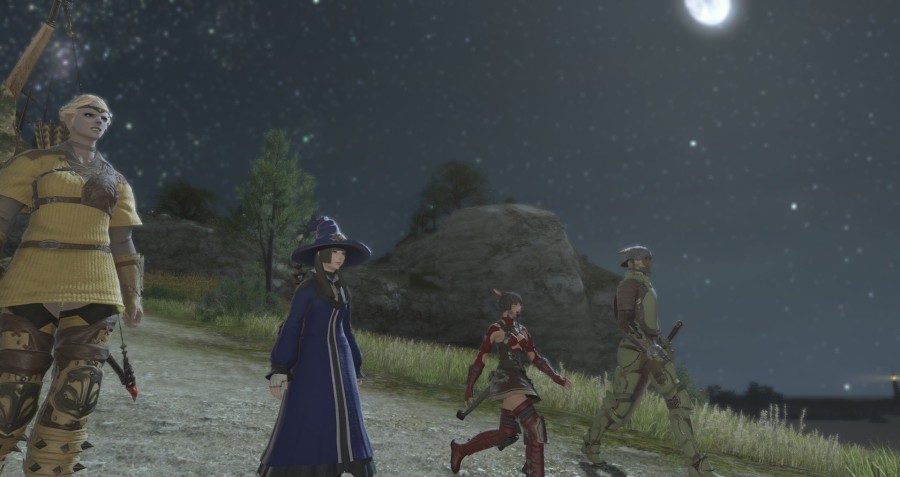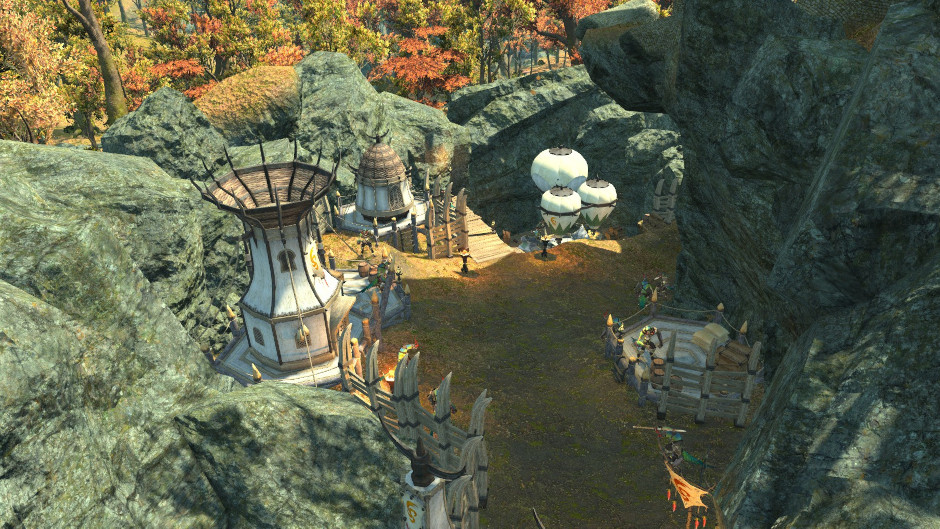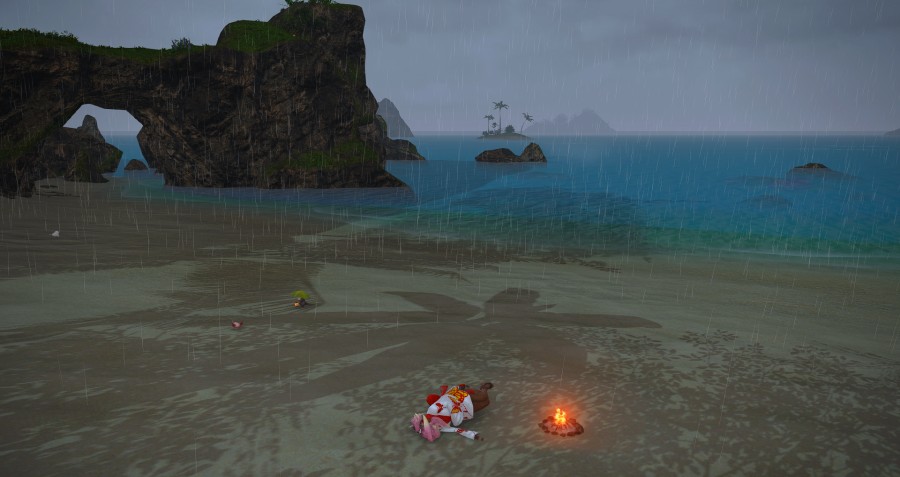I absolutely adore the taste, the scent, everything about cinnamon. Fall is one of my favorite times of year, in part because of it. As the weather shifts and the leaves change and begin to scatter across the grounds, cinnamon takes over. It is inescapable, an overwhelming cloud of deliciousness that takes over everything.
Even the formerly cool, then mocked to death, then enjoyed ironically, and now sort of accepted but still joked about pumpkin spice contains a healthy dose of my treasured spice. And yet, regrettably, despite all my love, how much I cannot resist it, it is something to which I am mildly allergic.
Fortunately, this is not a serious allergy. Sneezing, maybe a light rash if I go overboard, but otherwise no major adverse effects, and while it is maybe not the smartest choice, I do indulge my cravings from time to time… to time to time… I gorge on it, I cannot help myself. The suffering is worth the reward.
I find it understandable to be so enthralled by a taste that moves me so. Sometimes love means taking a hit, compromising, making sacrifices. Were the situation different, if it was something that I just found okay or mediocre or even gross, I like to think that I would avoid it like the plague. Or at least, I used to think that I would.
Some might consider me an adventurer. I have been on many, but really what draws me to it is the opportunity to explore, to see and appreciate new vistas and people, to take in the world as it is. The more violent aspects of it are regrettably something interwoven with the territory and while I do not shy away from fights, they are not something that I would do for the sake of it. And in the past, when Moogle Treasure items were on the line, I would swallow my reservations and commit to taking on extra adventures so I could get a fun new earring, or a neckerchief, a prize that motivates the horrible mundanity of slaying whatever lies in the way of a new glamour.
And yet, sometimes a person can only take so much of repetition to grow profoundly weary of it. So imagine my surprise when I found myself signing up during this most recent event over and over not for adventures, but instead for Frontlines. No exploration, just mindless violence? Sounds like a match made in the underworld. And yet I did so many these past few weeks I was able to buy out the poor Moogle trader.
I do not like fighting, not really, and especially with those who I feel it best to be friendly with. Fellow citizens wailing on each other for little reason other than self-fulfillment is an alien concept, but that did not keep me away. No, I actually became quite intrigued by Frontlines and all the unusual quirks it had to offer. Where standard adventuring has been cut down to little more than a paint-by-numbers game of follow the patterns, Frontlines and its ilk are not so simple to distill into such simplicities.
Rather than the feeling of filling out paperwork in a bureaucratic tunnel that modern adventuring has seemed to evolve into, Frontlines provides a sense of freeform excitement, in part due to the unknown that faces every decision you make.
That is not to say that this is an ideal system, by any means. No, it like everything, has its own flaws that show from time to time. But as a way to take on an optional necessity, Frontlines is a refreshing change of pace. If you have the mental fortitude to withstand plans not carried out as intended, that is.
One thing that seems to be persistent in all forms of casual violence against otherwise would-be-friendly people is the high salt content. For the uninitiated, salt is a term that refers to the somewhat subdued anger and vitriol that can fill a person when challenged and often manifests as attacks toward those near them, often unwarranted. Salt is unavoidable in Frontlines, as I have come to learn.
Early on, I tried to maintain a positive and forgiving attitude, much like I do in dungeons. “Mistakes are okay, we can do our best! If we do not win here, it is not the end of the world, we can just try again later!” My words were not welcomed. I was accused of having a bad attitude, of bringing the team down, of being a quitter.
There is a fundamental misunderstanding, I think, when it comes to accepting a bad outcome versus being apathetic to it. However, this is not something that can be easily changed, at least not on the platform of speaking with the team during a match. Emotions run hot and every negative outcome compounds in some, leading to exploding it onto anyone who dares to remind them that it is not so serious. And really, is it? Yes, winning provides a great bounty, but losing does not cost anything.
In fact, quite the opposite, losing provides a reward as well, albeit a smaller one. By not winning, you are not at risk of losing a sponsor or missing out on anything, it is barely even a rut to get past. You can simply sign up again and hope that events play out differently in the new match. And yet some people take things to extreme levels of seriousness.
Some people are just not able to enjoy themselves. While this can be easy enough to ignore, others go out of their way to make their voices heard. If you have been in a Frontlines match, there is a good chance you have encountered at least one person who fancies themselves in charge, a decision maker who takes it upon themselves to try to force their plan on everyone in the match.
So who all is there? Usually, a Frontlines match is comprised of three full alliances facing off against each other, a total of 72, 24 per team. These are usually not pre-formed groups, but instead, they are comprised of whoever signed up. A random assortment of folks with their own goals, ideas, motivations, experiences. We all have free will, but despite this, one person may try to take charge.
In certain cases, this can be beneficial. As anyone can sign up, often there are some who have no idea what to do. A reminder here and there can be appreciated, even necessary at times, to provide a sense of cohesion. Still, the same cannot be said for those who feel the pull to micromanage the experience.
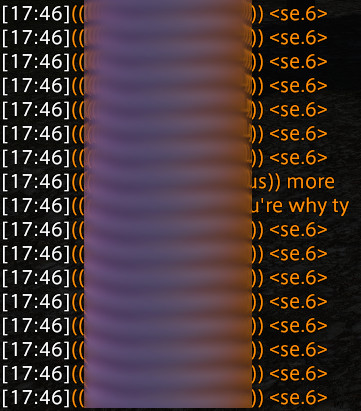
At every turn, every step, certain individuals demand to fill your ears with any alert noise they can find, often in quick succession, proclaiming that the enemy is near and that everyone should attack the enemy.
Besides the obvious issue of most knowing this by signing up, the repetition is unnecessary and often distracting. Should we be focusing on objectives or the unending stream of vague orders from someone who has decided to be the leader? Frontlines can be difficult, but it has never been complicated enough to necessitate such frivolous verbal and aural barrages. To at least mitigate SOME of the pain, the prompt “/systemsounds” can at least mute these self-proclaimed commanders.
The standard Frontlines map plays out very samey. The safe way to get through is to follow the mob to various objectives, fight with your teammates, and do not get so involved in any particular battle that you ignore other important areas of the field. An occasional check of the map can easily let someone know where to go, what to do. Direction advice can also be beneficial for those who are not in a great position to check immediately. And do not be afraid to question others. They are not your boss, you likely will never need to interact with them again. If they choose to dismiss you with hate then so be it, better luck next time.
So what have I learned from Frontlines? Well, as I said, I am not particularly fond of fighting others, either with words or violence, and even so I was able to have some fun during matches while also being helpful. But before getting into the fray, it is important to develop some understanding of what you can do in a match. The best place to start is at the Wolves’ Den Pier.
This little area hosts several shops that trade in unique currencies, and also provides safe spaces to test out abilities, both with training dummies and in the form of a platform to duel with other would-be combatants. Your move-sets here will be different from standard adventuring, so it is a good idea to familiarize yourself even just a little before rushing in. And when you are ready, simply sign up and wait for a group and you will be whisked away to the map.
These change daily and some you may dislike, so just remember if something is awful one day, the next might be more bearable.
As stated above, the safe way to play is by following the crowd. If you are lucky and your team is strong, you will get some knockouts, assists, and even some wins and that is great. If that is all you want to do, I highly recommend that style of play. However, if the thought of wandering about with others attacking anything seems dull to you, there are other ways to engage.
One that I have seen is that of a defensive role. There are certain areas where an enemy team may try to infiltrate. They will be successful, too, if the bulk of your cohorts are on the other side of the field. This can lead to some chaos as the team splits up to address the backlines, resulting in an easier target for the opponents. If instead, though, one to two hold back and help to prevent the enemy from taking vital points, it allows the main group to keep focus and succeed.
Still, defending can be boring as you wait for something to happen. It is vital, to be sure, but if you crave excitement then I would suggest trying out the other end of the spectrum in infiltration. This is a dangerous role, one in which you will surely die a lot. While your teammates might scoff at your scores, they do not realize all the help such a role actually provides.
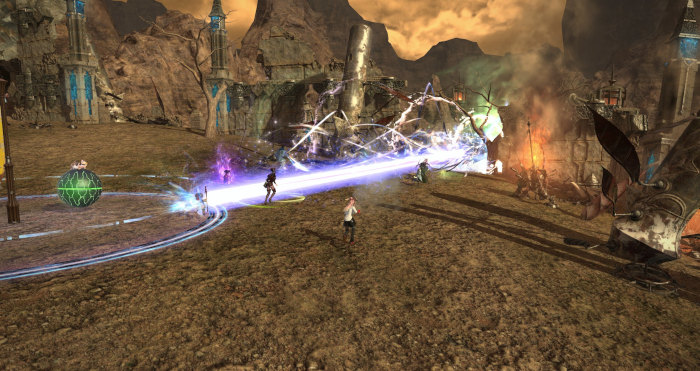
I started following the mob but quickly became disillusioned as it felt no different than doing so in a dungeon, attacking anything I could and running in a pattern is just not enough for me. So I tried defense and for a while that was enough, but I soon realized that by going out and being an active nuisance, I could bother and draw away the enemy infiltrators and some of their army.
By leading five to six others away, the bulk of which would normally be engaging my team, it opened up new opportunities. Fewer enemies to face means it is easier to cut through the ranks and my teams started to have a much easier time attacking and regrouping. All the while, I would take my entourage of violent attackers to far-off corners or sometimes even into the maw of the third team who would gladly rip us all to shreds.
It may seem like a pointless endeavor, but looking at it strategically provides a better insight into the reasoning. By trading one person, we are able to reduce enemy forces by, ideally, five. In percent, the tradeoff is 4% of our forces for nearly 21% of their team. Imagine, then, two taking on both teams, a total of 8% loss for a much larger overall slice.
With proper coordination, these two distractions could meet and have those they goaded lock themselves into a micro battle far away from anything important. Rinse and repeat and your army will consistently have a numbers advantage over everyone. And not only that but as a chaotic force, the challenge becomes fun as you push your survival limits to the max evading and pushing on as long as you can to keep the timer ticking while the enemy loses out on valuable resources.
Frontlines is a toxic mess with a lot to dislike, especially for the more passive and calm among us. And yet, it could be a bastion for those interested in trying weird and unusual techniques that adventuring simply does not allow for. It is very easy to fall into the trap of mundanity in Frontlines, turning it into another chore for whatever Tomestones we need at any given time, but with creative thinking, and maybe even some preplanning, it can make for an exciting experience unlike any other. The next time you feel curious about it, give one of these other playstyles a try. Open yourself up to new possibilities.
Remember, you are not beholden to anyone there and none of this REALLY matters. If a plan fails, it fails, but that should not stop you from looking for something new and fun to do. Go out and cause some chaos but more importantly, have fun. Who knows, your weird shenanigans might translate to surprising victories.
